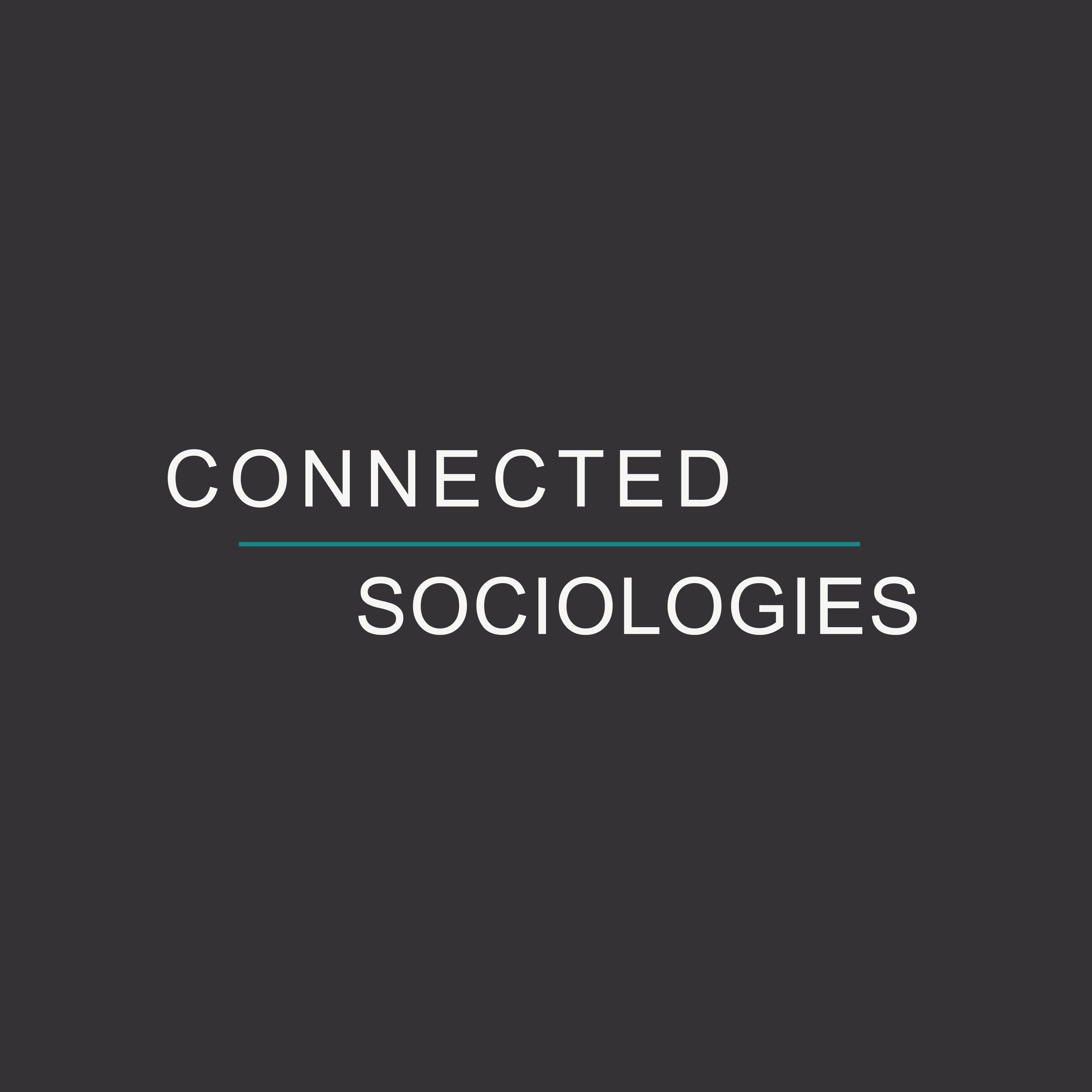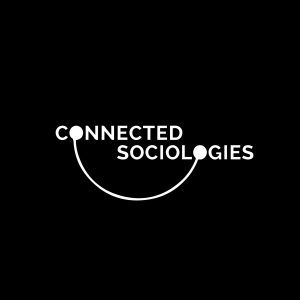
7K
Downloads
32
Episodes
Sociology is based on a conventional view of the emergence of modernity and the ‘rise of the West’. This privileges mainstream Euro-centred histories. Most sociological accounts of modernity, for example, neglect broader issues of colonialism and empire. They also fail to address the role of forced labour alongside free labour, issues of dispossession and settlement, and the classification of societies and peoples by their ‘stages of development’. The Connected Sociologies Curriculum Project responds to these challenges by providing resources for the reconstruction of the curriculum in the light of new connected histories and their associated connected sociologies. The project is designed to support the transformation of school, college, and university curricula through a critical engagement with the broader histories that have shaped modern societies.
Episodes

Tuesday Oct 19, 2021
Early Modern Social Theory: Europe and its ‘Others’- Prof John Holmwood
Tuesday Oct 19, 2021
Tuesday Oct 19, 2021
This session looks at the beginnings of modern European social theory in the seventeenth and eighteenth centuries. The English political philosophers, Thomas Hobbes (1588-1679) and John Locke (1632-1704), set out a distinction between the ‘state of nature’ and the ‘state of society’ in order to identify rights and obligations associated with private property. Their writings are widely seen in the context of the later development of capitalism, but are much more directly concerned with the justification of colonialism with which they were each directly engaged. In the eighteenth century, writers associated with the Scottish Enlightenment –for example, David Hume (1711-1776), Adam Smith (1723-1790), William Robertson (1721-1793), John Millar (1735-1801), and Adam Ferguson (1723-1816) – developed a typology of different types of society as stages of historical development. In this session, we consider how these ideas contributed to the view that ‘freedom’ was a product of European modernity and that modernity operated in terms of an internal logic from which colonialism was effaced.
Reading
- Bhambra, Gurminder K. and John Holmwood 2021. ‘Hobbes to Hegel: Europe and its Others’ in Colonialism and Modern Social Theory. Cambridge: Polity
- Hegel, G. W. F. 1975 [1830]. Lectures on the Philosophy of World History. Introduction: Reason in History. Translated by H. B. Nisbet. Cambridge: Cambridge University Press
- Hobbes, Thomas 1991 [1651]. Leviathan. Edited by Richard Tuck. Cambridge: Cambridge University Press
- Lebovics, Herman 1986. ‘The Uses of America in Locke's Second Treatise of Government,’ Journal of the History of Ideas 47 (4): 567-581
- Locke, John 1960 [1698]. Two Treatises of Government. Edited with an Introduction and Notes by Peter Laslett. Cambridge: Cambridge University Press
- Meek, Ronald 1976. Social Science and the Ignoble Savage. Cambridge: Cambridge University Press
- Welchman, Jennifer 1995. ‘Locke on Slavery and Inalienable Rights,’ Canadian Journal of Philosophy 25 (1): 67-81

No comments yet. Be the first to say something!